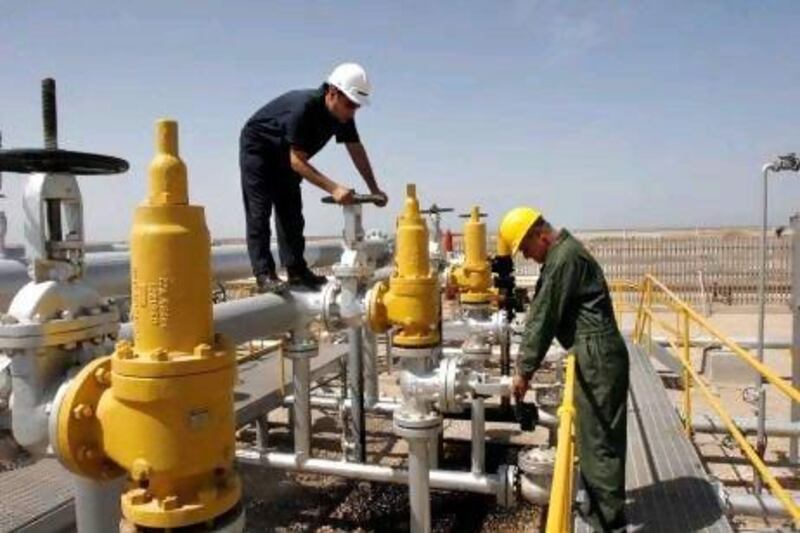Iran is feeling the squeeze on its oil exports ahead of the full implementation of EU sanctions as shipping companies are unable to insure tankers lifting crude out of the Islamic republic.
Exports to the EU have already been reduced to a trickle and overall exports have fallen as the state-owned Iranian shipping company struggles to replace the foreign tanker fleet.
When EU sanctions become fully binding on July 1, the National Iranian Tanker Company (NITC) will be the only remaining shipper to deliver crude out of Iran, limiting exports to its remaining buyers.
"Where we used to see between five to 10 cargoes coming from [Iran's main export terminal at] Kharg Island into the Med market, since the EU sanctions this has been reduced to almost nothing," said Ellie Weir, the head of regional tanker coverage at Platts, based in London.
"In the last few weeks we have only seen one cargo fixed from Iran into Italy."
European sanctions came into force on January 23 and prohibit European insurers giving protection and indemnity (P&I) insurance on shipments of Iranian crude.
Existing long-term contracts are exempt until July 1, when all European imports from Iran must cease.
The sanctions have implications beyond the EU market as about 95 per cent of tanker insurance falls under European jurisdiction. Apart from a heavy concentration of P&I clubs in financial capitals such as London, big reinsurers such as Munich Re are also headquartered in the EU.
Soon after the sanctions became effective, the owners of at least 100 supertankers announced they would cease loading Iranian crude. The withdrawal of international shippers has forced the NITC to step into the breach. Ship tracking data from Bloomberg shows that about 73 per cent of all exports so far this month were lifted by the Iranian company, up from 56 per cent last month.
Exports of Iranian crude declined by 300,000 to 400,000 barrels per day (bpd) from last year's average of 2.2 million bpd, according to calculations by Barclays Capital (BarCap). As Europe is winding down its 450,000 bpd imports, the sanctions are making it difficult for Iran to redirect its exports to Asia.
"The fact that they don't have insurance of their own is why countries like India and China are struggling to get their hands on Iranian crude," said Amrita Sen, an analyst at BarCap.
Only countries willing to defy the US and find a payment mechanism not based on dollars can continue buying Iranian crude. Traders expect China and India to do just that.
The NITC's 39 vessels have a haulage capacity of 70 million barrels, according to the company's website. This is sufficient to store the 65 million barrels exported every month before the sanctions, but the journey durations can exceed one month, curbing monthly export capacity.
"They could do about 1 million bpd maximum," said Ms Sen. "It would more than half Iranian exports."
The International Energy Agency, the organisation representing net importers of oil, estimated in its last monthly report that up to 1 million bpd of Iranian crude would be taken off the market from July because of the sanctions.





